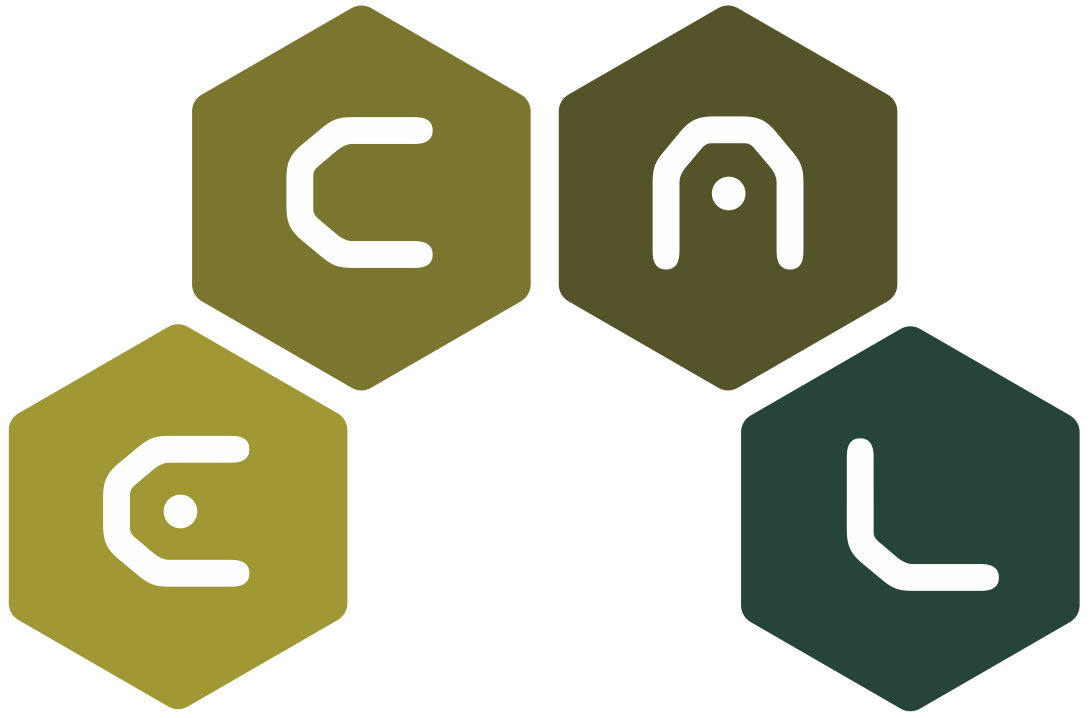Title
Does self-replication imply evolvability?

Does self-replication imply evolvability?
Download via this paper's page on the MIT Press ECAL 2015 Proceedings website.
The most prominent property of life on Earth is its ability to evolve. It is often taken for granted that self-replication– the characteristic that makes life possible–implies evolvability, but many examples such as the lack of evolvability in computer viruses seem to challenge this view. Is evolvability itself a property that needs to evolve, or is it automatically present within any chemistry that supports sequences that can evolve in principle? Here, we study evolvability in the digital life system Avida, where self-replicating sequences written by hand are used to seed evolutionary experiments. We use 170 self-replicators that we found in a search through 3 billion randomly generated sequences (at three different sequence lengths) to study the evolvability of generic rather than hand-designed self-replicators. We find that most can evolve but some are evolutionarily sterile. From this limited data set we are led to conclude that evolvability is a likely–but not a guaranteed– property of random replicators in a digital chemistry.